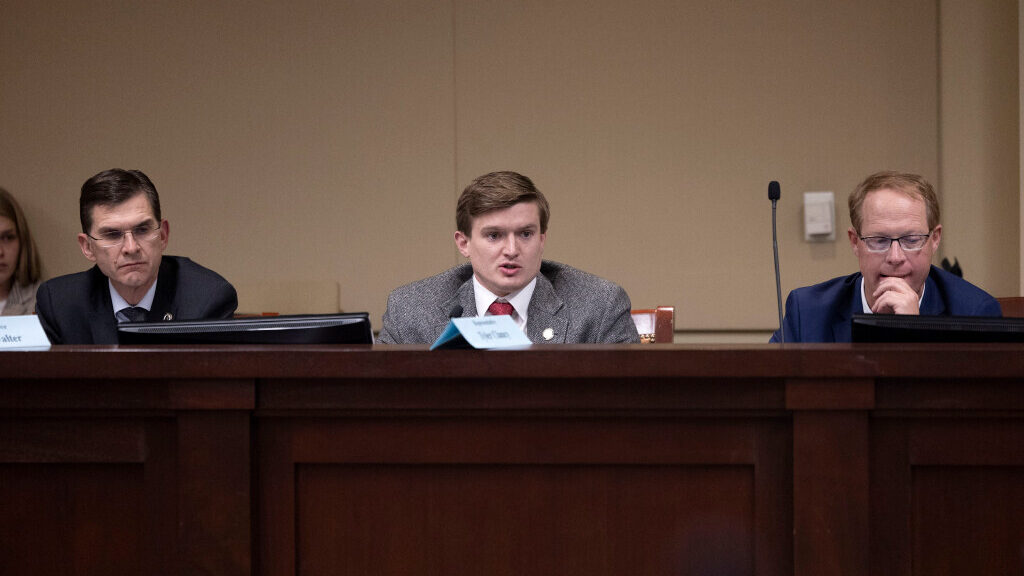PROVO, Utah — The state legislature is considering a bill that could reshape Utah’s mental health landscape for decades.
Rep. Tyler Clancy, R-Utah County, has sponsored HB299, a bill that seeks to break up the Utah State Hospital and build new mental health institutions statewide. He said the need has never been greater.
“Right now in Utah, our number one mental health providers are county jails and our state prisons,” Clancy told KSL Newsradio. “And so, we set out to change that.”
To pay for it, Clancy proposes selling the Utah State Hospital and its valuable land that overlooks Utah Valley.
Last year, Rep. Jon Hawkins, R-Pleasant Grove, called the hospital area “prime real estate” and proposed legislation to sell it.
Clancy’s bill contains similar ideas but is attached to a larger goal.
“The vision is to have a state mental hospital in southern, central, and northern Utah,” said Clancy.
However, this plan does not mean the Utah State Hospital will turn to rubble anytime soon.
Developing new mental health facilities
During the implementation phase, Clancy said the state would lease back the land for a cheap price. It would then be used as a mental health treatment center.
When faced with potential criticism that this might be a land grab by developers who see the terrain as a premier location, Clancy said he understands to a degree.
“I mean,” said Clancy, “I kind of scratch my head and say, ‘how are we going to come up with close to a billion dollars of ongoing funding that we’ll need to build the mental health infrastructure that we need?’”
The Department of Health and Human Services oversees the hospital. It’s staying neutral on Rep. Clancy’s plan.
“Above all,” said DHHS spokesman Joe Dougherty, “we need to provide the best care. So if it needs to be done in a central facility as we’ve been doing, great. If it’s very possible it can work in a dispersed model, absolutely it’s possible.”
One hitch in the plan? Whether there are enough mental healthcare staff.
Dougherty said the Utah State Hospital has experienced a personnel crunch for at least two years. This is consistent with what hospitals are experiencing nationwide.
“Are there going to be the right number of professionals,” said Dougherty, “psychiatrists and psychologists throughout the state, who could go work in a facility like that?”
Dougherty sent KSL Newsradio a statement regarding the agency’s plans for the future:
“Last week, our department participated in the public release of the state’s Behavioral Health Assessment and Master Plan, a guide we helped formulate. Along with health systems, public health partners, and stakeholders, we will use this plan to create a more accessible and effective mental health system and substance use disorder system in our state. Part of that plan calls for continuing to build out Utah’s behavioral health crisis and stabilization systems, so that resources are distributed across the state and integrated with schools, law enforcement, jails, courts and re-entry programs. The plan also calls for improving the availability of services and supports for people with serious mental illness and their families.”
Under Clancy’s bill, people with severe mental illness and an abnormally long criminal record—at least 15 felonies and 20 misdemeanors per year—would be required to check into a mental health facility. The rule comes from a study sponsored by the Utah Legislature that found a strong overlap among homelessness, mental health, and crime.
Related reading:
Source link
credite

